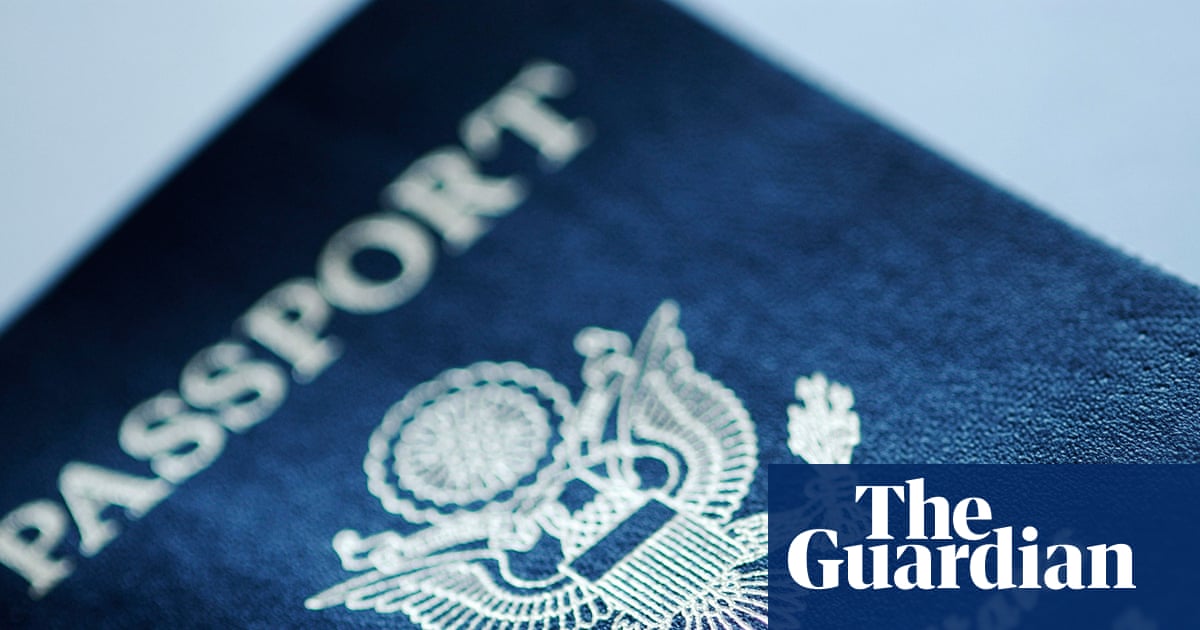US falls out of world’s 10 most powerful passports list for first time in 20 years | US news

For the first time in two decades, the US has dropped out of the world’s top 10 most powerful passports, marking a significant dethroning for the global superpower.
According to the latest Henley Passport Index, a ranking that measures how many countries a traveler can visit without needing a visa, the US passport now ranks 12th globally, sharing the position with Malaysia.
Just last year, the US was in seventh place, before slipping to 10th in July of this year. Ten years ago, it was at the top of the list.
“The declining strength of the US passport over the past decade is more than just a reshuffle in rankings – it signals a fundamental shift in global mobility and soft power dynamics,” Christian H Kaelin, chair of Henley & Partners and creator of the index, said in a press release. “Nations that embrace openness and cooperation are surging ahead, while those resting on past privilege are being left behind.”
Asian countries currently dominate the upper ranks. Singapore leads with visa-free access to 193 destinations, followed by South Korea with 190, and Japan with 189.
Henley & Partners, a London-based firm specializing in citizenship and residency consulting, has compiled these rankings for about 20 years using data from the International Air Transport Association.
The drop coincides with stricter US immigration and travel policies under the Trump administration, which initially targeted unauthorized migration but have since extended to wider crackdowns on tourism, foreign workers and international students.
Reciprocity plays a big role in a country’s rankings, Henley & Partners noted, pointing out that while US passport holders can currently access 180 destinations visa-free, the US itself allows only 46 other nationalities to enter its borders without a visa.
after newsletter promotion
Recent access changes have contributed to lower rankings across the board. In April, Brazil ended visa-free entry for Americans, Canadians and Australians, citing a lack of reciprocity.
Other countries have expanded visa waivers, but not for Americans. China and Vietnam, for instance, have excluded the US from newly expanded lists of countries eligible for visa-free tourism.
According to Henley & Partners, countries that offer their citizens broad travel freedom but limit visa-free entry for others, such as the US, Canada, Australia and New Zealand, have seen their passport strength stagnate or decline over recent years.
The dramatic fall in ranking is already fueling a desire for dual citizenship among Americans, the firm says, signaling that standalone US citizenship may not be the superpower status it once was.
“In coming years, more Americans will be acquiring additional citizenships in whatever way they can,” Peter J Spiro, professor of law at Temple University Law School, said in a statement. “Multiple citizenship is being normalized in American society.” While it may be a bit of an exaggeration, as one social media poster recently put it, “dual citizenship is the new American dream.”
Source link

